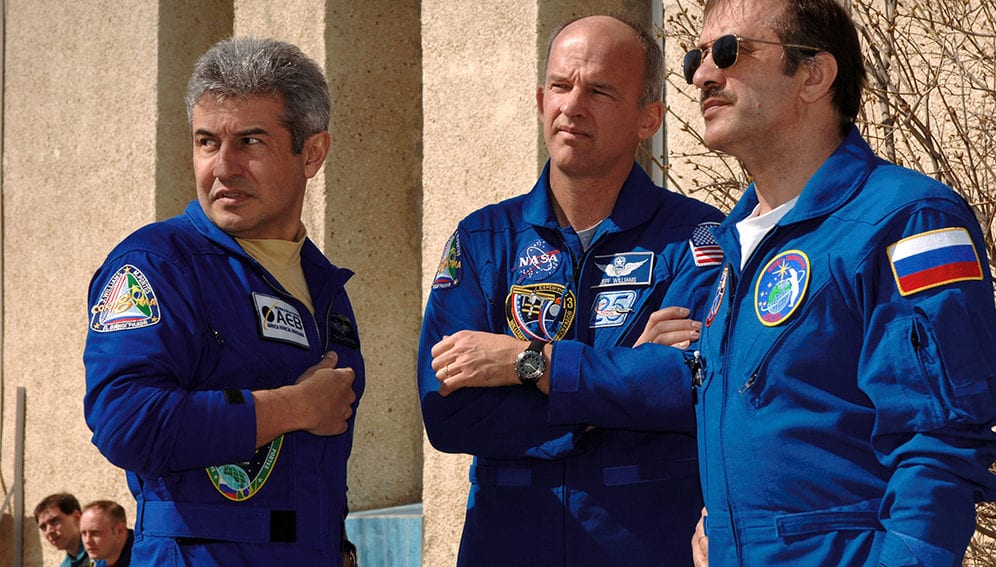Send to a friend
The details you provide on this page will not be used to send unsolicited email, and will not be sold to a 3rd party. See privacy policy.
[RIO DE JANEIRO] Marcos Pontes, the first South American to go to space, will be Brazil’s next minister of science and technology, after receiving his appointment last week by incoming president Jair Bolsonaro.
Pontes, a lieutenant-colonel in the Brazilian Air Force, spent a week on the International Space Station in March 2006. Prior to his appointment, he oversaw the development of Brazilian components for the ISS at the Johnson Space Centre in Texas, United States.
Bolsonaro, who heads the right-wing PSL party, was elected president on 28 October. He holds controversial far-right views and has expressed criticism of academia, as well as support for teaching creationism in schools.
“We hope the new minister will understand the importance of science and the need for investment,”
Marcelo Knobel, dean of the State University of Campinas
During the election’s second run-off, Bolsonaro promised to reach Brazil’s spending target of committing 3 per cent of GDP to research and development. However, the country’s spending at present stands at just 1.2 per cent of GDP, compared to China’s 2 per cent and 2.7 per cent of GDP in the United States.
“Before the elections, the president elected government signalled his willingness to improve investments in science through a substantial increase in the budget for R&D, and we hope now that the promises are kept,” said Ildeu Moreira, president of SBPC, the Brazilian Society for the Advancement of Science.
Pontes, an engineer with little political experience, will have to address Brazil’s dwindling budgets for public funding of science. After years of cuts, the government’s 2018 research budget was about US$1 billion – down a third from spending levels in 2013.
This has led to a situation in which many Brazilian laboratories struggle to get equipment and basic supplies, and grant programmes have been cut back. As a result, many research projects do not get commercialised; Brazil is 13th in the world in terms of volume of published papers, but occupied position 64 in the Global Innovation Index 2018.
Marcelo Knobel, dean of the State University of Campinas, told SciDev.Net that budget troubles should be the minister’s first priority. “We hope the new minister will understand the importance of science and the need for investment,” he said. “Without technology and innovation, our country will have no future.”Another change brought about by the election is the probable merger of the Brazilian science ministry with that of higher education, which currently sits separately under the larger ministry of education. Knobel greeted the move with concern, saying it would be better for the country’s universities if all government education departments were kept under the same umbrella.














